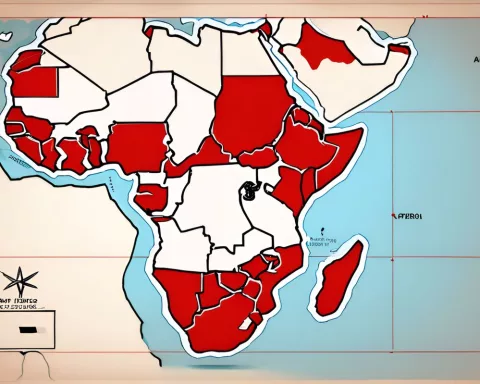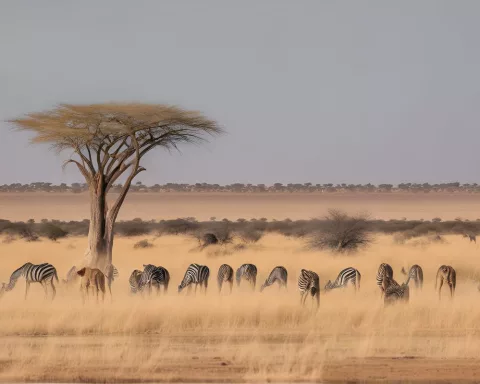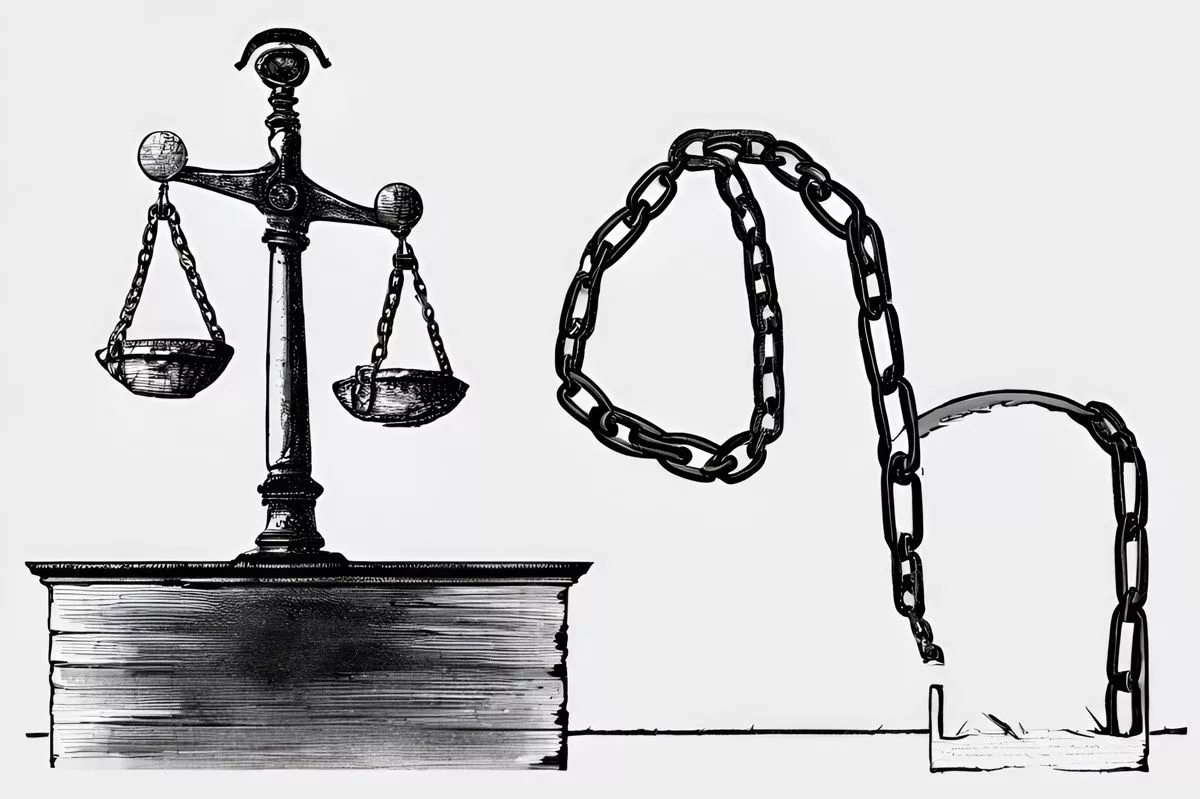The first-ever African Urban Forum was recently held in Addis Ababa to discuss the opportunities and challenges of rapid urbanisation in Africa. With stakeholders from various sectors, the forum highlighted the multifaceted nature of urbanisation, from cultural shifts to infrastructure development. While urbanisation can drive economic growth and access to services, it also presents challenges such as poverty and environmental degradation. Transforming informal settlements and promoting rural development are crucial for sustainable urban development and achieving development goals.
What is the African Urban Forum?
The African Urban Forum is a platform that brings together stakeholders, including ministers, ambassadors, mayors, members of civil society, and academics, to discuss the key role of urbanisation in Africa’s development trajectory. The first-ever forum was recently held in Addis Ababa and addressed the challenges and opportunities presented by rapid urbanisation in Africa.
Understandably, urbanisation is a significant trend across the globe, and Africa is no exception. It entails a mass shift of people from rural regions to urban settings, symbolising a transition from a rural, agrarian society to an urban, industrialised one. This process is multifaceted, involving population growth, migration, urban expansion, economic changes, cultural evolution, and infrastructure development.
A Synopsis of The African Urban Forum
Ms. Tandi Mahambehlala, South Africa’s Deputy Minister of Human Settlements, recently spearheaded a notable delegation to the first ever African Urban Forum in Addis Ababa. This significant event brought together a broad spectrum of stakeholders, including ministers, ambassadors, mayors, members of civil society, and academics. The central focus was the key role urbanisation plays in Africa’s development trajectory.
Africa’s Rapid Urbanisation: A Double-Edged Sword
Unsurprisingly, Africa is currently the globe’s fastest urbanising region. This rapid urban expansion, however, comes with its own set of drawbacks. One of the key issues is the ‘urbanisation of poverty‘, a phenomenon that occurs when people escaping rural deprivation end up in urban slums and informal settlements. Roughly 60% of Africa’s urban inhabitants live in such surroundings.
Nelson Mandela, South Africa’s late former President, pronounced that the eradication of poverty and the improvement of informal settlements are impossible without the productivity and efficiency of cities. He further emphasised that cities must provide opportunities for the underprivileged to improve their financial standing and accumulate assets. These words remain relevant today as urbanisation presents a myriad of challenges and opportunities.
The Many Facets of Urbanisation
Urbanisation is not a one-dimensional process, it encompasses several aspects such as rural-urban migration, urban sprawl, sub-urbanisation, and re-urbanisation. Rural-urban migration increases the urban populace while urban sprawl results in unchecked city growth into neighbouring rural areas. Suburbanisation stimulates the development of peripheral towns and re-urbanisation breathes life into urban regions via gentrification and renewal.
Economic Transformation Through Urbanisation
South Africa recognises that well-managed urbanisation can be a catalyst for structural transformation in Africa. The shift from an agriculture-dependent economy to one centered on industry and services is predominantly fueled by urbanisation, with cities contributing significantly to the GDP. However, much of the urban employment sector remains informal, highlighting the necessity for formal job creation, particularly for the youth.
Cultural Shifts and Infrastructure Development in Urban Settings
Urbanisation also triggers cultural changes as individuals adapt to urban lifestyles, behaviours, and cultural practices. As cities expand, infrastructure development becomes essential, necessitating growth in housing, transportation, and amenities.
While urbanisation drives economic growth, improved access to services, and increased opportunities for education and employment, it also presents challenges such as poverty, inequality, and environmental degradation. Many urban areas struggle with spatial development, housing supply, and the delivery of affordable, adequate, and sustainable infrastructure, particularly in the areas of energy, water, and sanitation.
Addressing Urban Challenges
An effective strategy to tackle these challenges involves transforming informal settlements and slums. Improving these areas can enhance resilience, safety, and social cohesion, especially when interventions protect vulnerable demographics like women, youth, children, the elderly, and persons living with disabilities. This focus is crucial not only for urban development but also for attaining the African Union Agenda 2063 and the United Nations 2030 Agenda for Sustainable Development goals.
However, urbanisation should not focus exclusively on cities. It should also promote rural development, as rural economic transformation necessitates a system of urban centres that provide markets, services, and linkages. The utilisation of urbanisation as a tool for structural, social, and spatial transformation along the rural-urban continuum is essential.
To achieve our development goals, we must recognise that sustainable urban development requires a holistic approach that encompasses government and society. Urbanisation is integral to the overall economic, social, political, and physical development of any region, country, or continent.
As African Ministers responsible for housing and urban development, we have endorsed a unified framework for implementing the New Urban Agenda in Africa. This blueprint will guide us as we navigate the trials and triumphs of urbanisation, rallying all stakeholders, including governments, financial establishments, private developers, and civil society members, towards a shared mission.
In her concluding remarks, Ms. Mahambehlala expressed her gratitude to Ethiopia, the host nation, for their warm hospitality and successful organisation of the inaugural session of the African Urban Forum. She underscored the importance of fortifying and sustaining this platform to further our shared objectives. As Member States of the Union prepare for the leadership transition in 2025, she implored the incoming leaders to support and advance our agenda through the African Urban Forum.
Thank you,
[Your Name]
1. What is the African Urban Forum?
The African Urban Forum is a platform that brings together stakeholders, including ministers, ambassadors, mayors, members of civil society, and academics, to discuss the key role of urbanisation in Africa’s development trajectory.
2. What are the challenges of rapid urbanisation in Africa?
Rapid urbanisation in Africa presents challenges such as poverty and environmental degradation. Transforming informal settlements and promoting rural development are crucial for sustainable urban development and achieving development goals.
3. What are the many facets of urbanisation?
Urbanisation is a multifaceted process, encompassing several aspects such as rural-urban migration, urban sprawl, sub-urbanisation, and re-urbanisation.
4. What is the role of urbanisation in economic transformation?
Well-managed urbanisation can be a catalyst for structural transformation in Africa. The shift from an agriculture-dependent economy to one centered on industry and services is predominantly fueled by urbanisation, with cities contributing significantly to the GDP.
5. What challenges does urbanisation bring for infrastructure development?
While urbanisation drives economic growth, improved access to services, and increased opportunities for education and employment, it also presents challenges such as poverty, inequality, and environmental degradation. Many urban areas struggle with spatial development, housing supply, and the delivery of affordable, adequate, and sustainable infrastructure, particularly in the areas of energy, water, and sanitation.
6. How can we address urban challenges?
An effective strategy to tackle these challenges involves transforming informal settlements and slums. Improving these areas can enhance resilience, safety, and social cohesion, especially when interventions protect vulnerable demographics like women, youth, children, the elderly, and persons living with disabilities. This focus is crucial not only for urban development but also for attaining the African Union Agenda 2063 and the United Nations 2030 Agenda for Sustainable Development goals.












